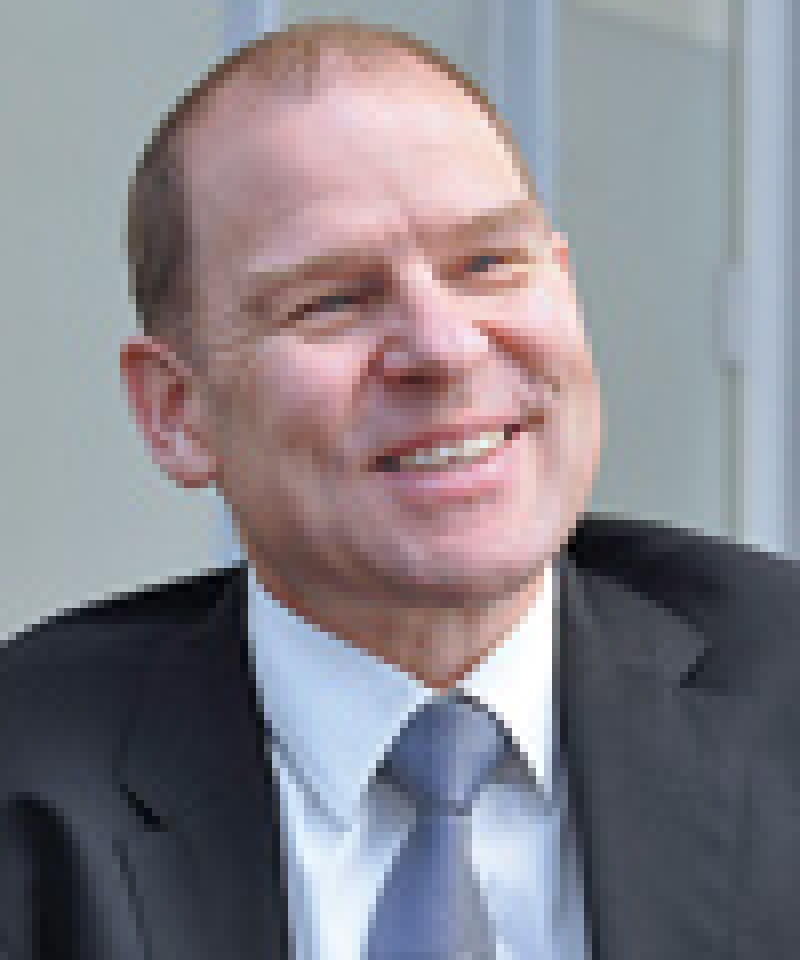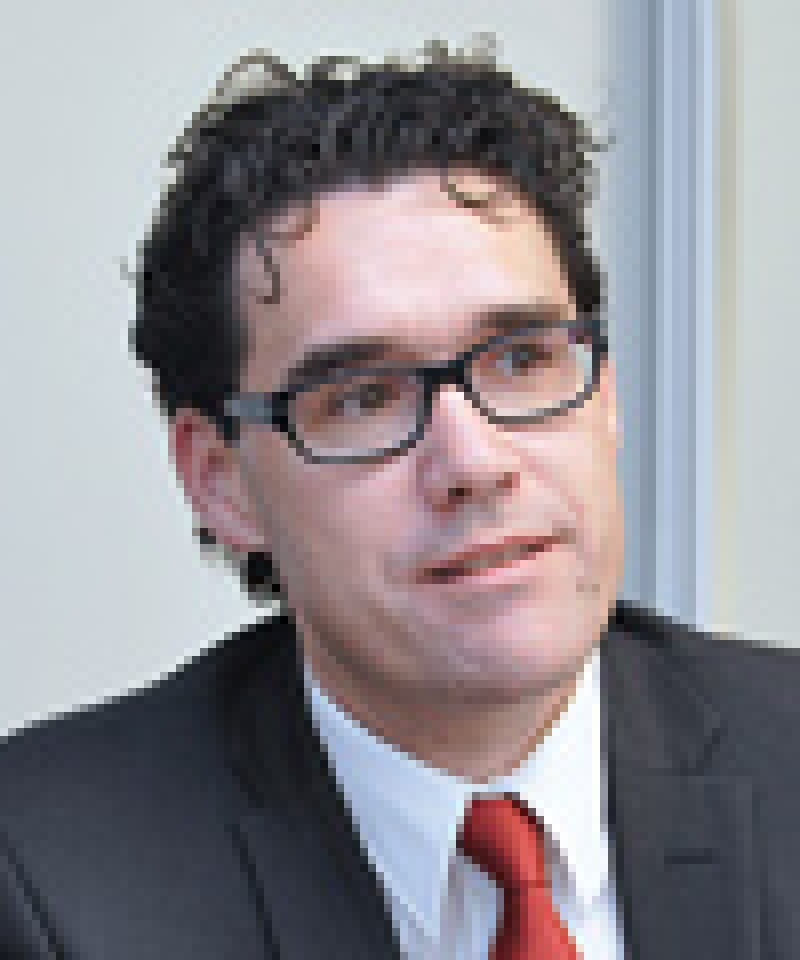
|

|
|
René Schreiber |
Jochen Wehrli-Ducaud |
Switzerland is a small country in the heart of Europe, though it is one of the most competitive economies of the world. According to the World Economic Forum (WEF) Switzerland remains the world's most competitive country, topping the ranking for the fourth year running. What is more, Switzerland has been confirmed to have one of the highest qualities of living, the major Swiss cities Zurich, Geneva and Bern regularly rank among the top ten of Mercers Quality of Living Worldwide City rankings. In combination with one of the best tax climates worldwide this makes Switzerland a very attractive place for both foreign investments and domestic industries. Switzerland combines efficient, fair and business friendly tax authorities with low tax rates. The headline effective corporate income tax rate (combined cantonal/communal/federal) varies from canton to canton and starts at a rate as low as 11.3% in the lowest taxed community. The headline tax rate can be further reduced by one of the various tax regimes, such as mixed company, holding company or principal company regimes or by full or partial tax holidays for new businesses on a cantonal and federal level.
A Corporate Tax Reform III, with the requirement to be neutral in regard to overall tax revenues, is in discussion with the aim to preserve and further increase the attractiveness of Switzerland while addressing the concern of the EU with certain tax regimes. The federal department of finance has already appointed a project organisation to push the reform and to propose concrete measures for an enhanced system of corporate taxation. In a nutshell, the following alternatives are being discussed:
The mixed company regime is likely to be replaced longer term with an equally attractive regime which would also address concerns of the EU with this structure.
It can be expected that the mixed company will continue in its current form (including a grandfathering period) for approximately at least another five years.
Several alternative structures are under discussion such as an interest and IP box (similar to the Nidwalden IP box, which is only available in the canton of Nidwalden) for interest and IP income or the reduction of taxable income via deemed foreign permanent establishments, or alternatively deemed capital contributions for trading companies.
Also a significant reduction of general income tax rates on a federal and/or cantonal/communal level might be introduced.
The main criteria for a replacement structure is its attractiveness, given the importance of this structure for Switzerland, so we are confident that a favourable solution will be found that could be even more attractive than the favourable tax regimes.
René Schreiber (rschreiber@deloitte.ch)
Tel: +41 58 279 7216
Jochen Wehrli-Ducaud (jwehrliducaud@deloitte.ch)
Tel: +41 58 279 7202
Deloitte









